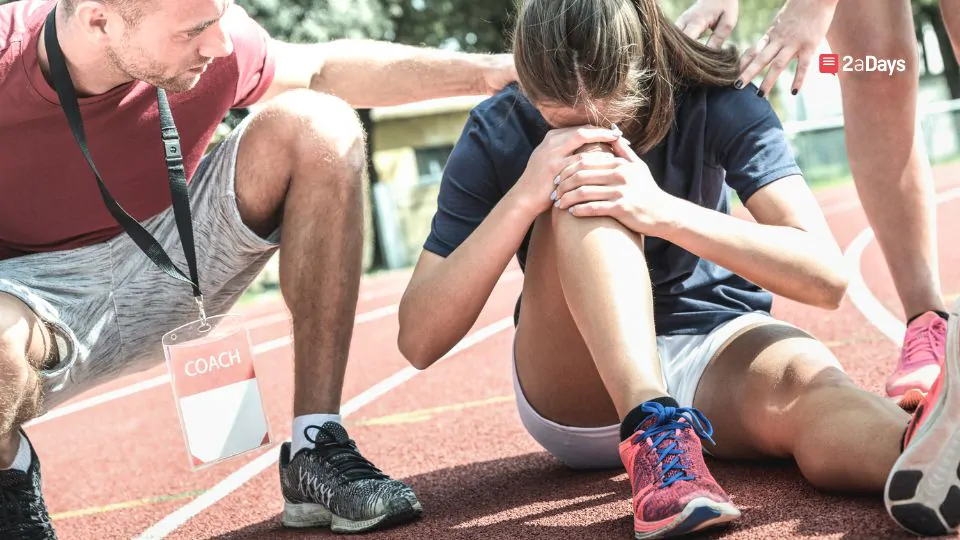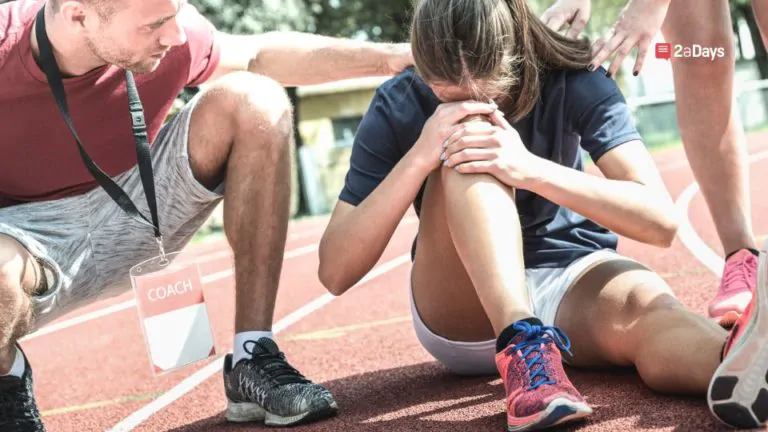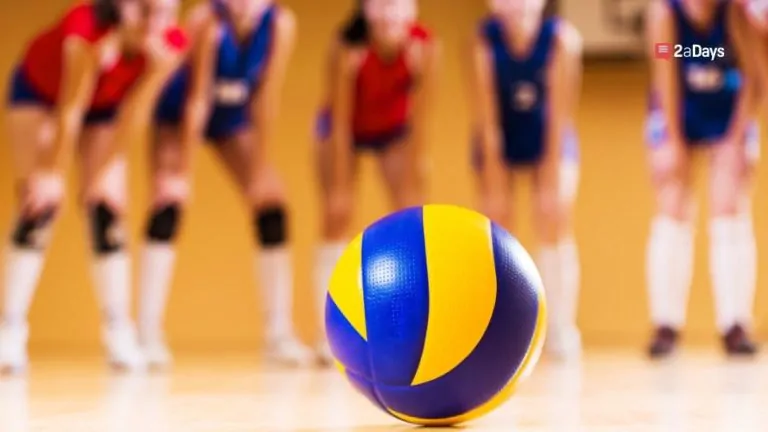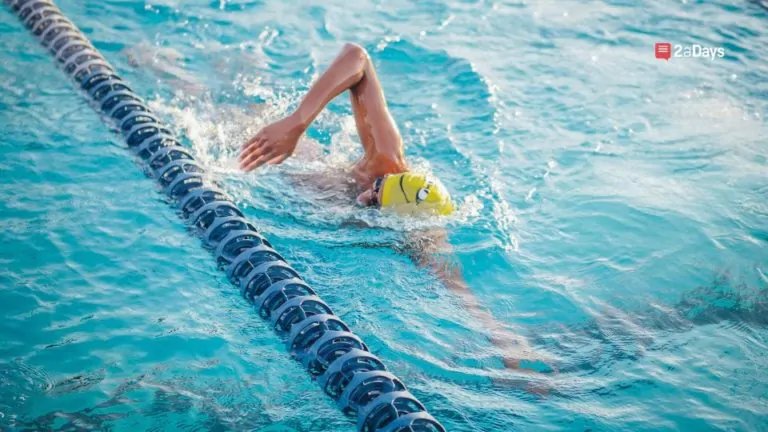Having an injury while going through the recruiting process can be scary as well as frustrating. Our job is to give you as much information as possible so you can make the best decision possible for yourself. If you have an injury and are going through the recruiting process take the time to see what college athletes told us about their experiences. You can start here.
First, Kaila Pinkney spoke with two Colgate hockey players who had injuries while they were being recruited.
Q: Can you explain how your injury affected the recruiting process?
Lauren Wildfang (Ice Hockey, Colgate University): I got a bad concussion during my senior year of high school. I still needed to take my ACT's, like the SAT's. It affected me because I was unable to do as well as I wanted to. The coaches and school were very understanding. It sucked being labeled as injured when going to college and playing a sport. You never know what your comeback is going to be, so that is pressure.
Q: What advice would you give to high school athletes in similar situations as you were?
Wildfang: My advice would be to continue to have good communication with your coaches and trainers. Also to keep working hard and believing in the dream. Don't be scared to let new doors open!
Related: Rate Colgate University
Q: Can you explain some background of your situation during the recruiting process and how the injury affected the process?
Shae Labbe (Ice Hockey, Colgate University): In my junior year of high school I sprained my MCL while being recruited to Colgate University. I remember at first I was very scared to tell the coaches about my injury because I was afraid that they would cut their losses and stop recruiting me. I hid my injury from these coaches for a few months until it got to the point where I could not play anymore and had to rest. Once I told them I quickly found out that I was wrong and instead of them forgetting about me they wanted to make sure I was healing and that I was taking care of my knee.
Q: What did you take away from this experience?
Labbe: Having communication with the coaches and finding out they did care about how I was doing allowed our relationship to grow and positively affected my recruiting process with Colgate.
Next, Krista Yip-Chuck spoke with two more athletes: a Yale football player and a Yale ice-hockey player about their injuries while they were being recruited for college.
Q: What was your college recruiting experience like being injured for some of its duration?
Kyra O'Brien (Yale University, Ice Hockey): I tried to be as forward as possible without making the injury too big of a deal. Even though I missed about a month of games, the coaches were understanding and supportive of my recovery plan. It was nice to know they still had my back even when I wasn't able to be on the ice. As much as the situation sucked it made me feel confident with my decision knowing the coaches were in my corner.
Related: Rate Yale University
Q: Do you have any advice for recruits who may be in the same position?
O'Brien: It's important that you're honest with coaches because injuries happen. You want to establish open communication and trust early on in the relationship.
Q: What was your college recruiting experience like being injured for some of its duration?
Robert Clemons (Yale University, Football): I was a little nervous but overall I knew I could ball. I was confident in the hard work I put in so I wasn't going to let any coach or school pull me down. I had given it my all and knew I would end up at the right place.
Q: Do you have any advice for recruits who may be in the same position?
Clemons: My advice would be to be confident in the hard work you put in before your injury, and then work hard post injury. Because overall it's just a game. It's for fun, and it's a passion. The most you can do is work hard and enjoy it, despite the ups and downs of anything like injuries or recruiting.
Finally, Susie Stevens spoke with Arielle Sanders, a rower who had a bulging disk while she was being recruited and recently graduated from the University of Michigan.
Q: How did you stay motivated throughout the recovery process?
Arielle Sanders (University of Michigan, Rowing): Knowing that if I worked hard enough to stay fit and get my body healthy that I would be able to come back as strong as I was before. Also, the work that I knew the team was putting in motivated me to keep going. I also love competing, and it was motivating to know that I could have that again.
Related: Rate the University of Michigan
Q: Is there anything you wish you did differently?
Sanders: For my junior year, I wish I had stopped when things started going badly. Same with my senior year. It is not worth it to push through the pain if you are not going to be able to do what you want.
Remember: injuries are a part of pretty much every athletes' life. They can be a setback, but they can also set athletes up for a comeback. During the recruiting process, learning from hardships and showing coaches you can be adaptable and optimistic through tough times is key.
Have a story idea or know an awesome athlete/coach we should interview? Email us at [email protected]
* Originally published on June 29, 2022, by 2aDays Staff







